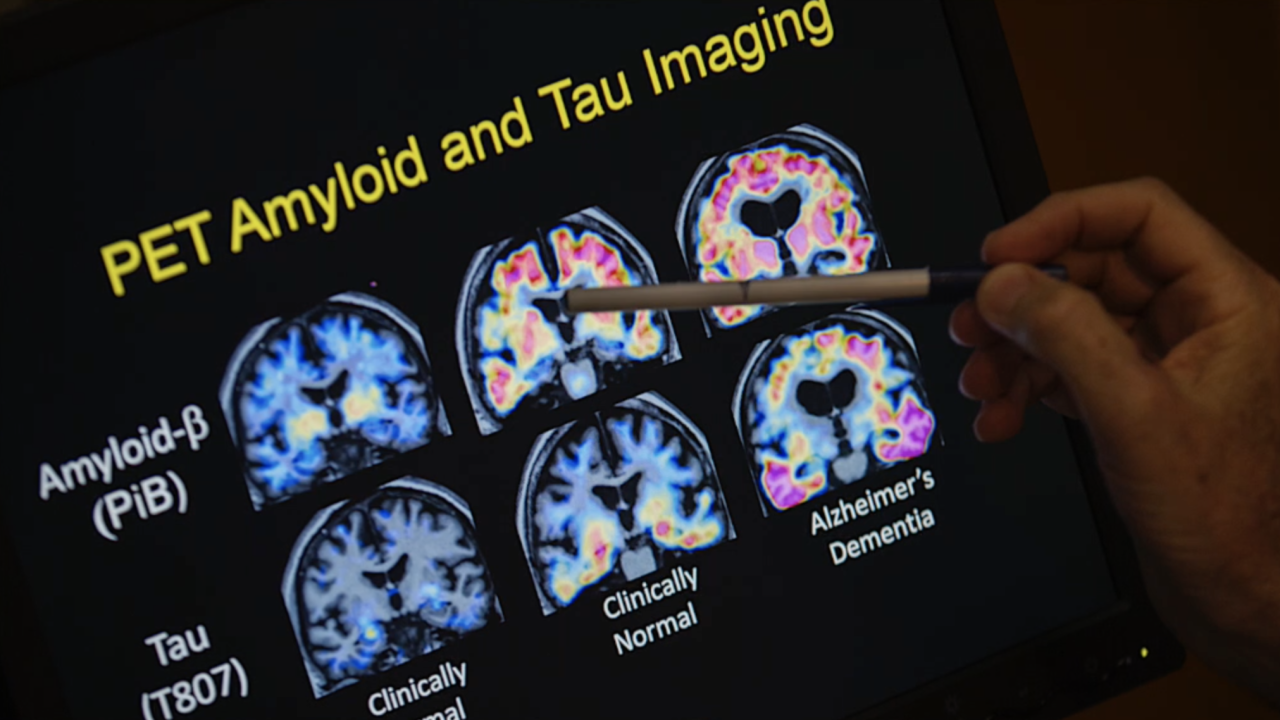(KERO) — Long-awaited trial data on a treatment for Alzheimer's Disease shows potential in fighting the disease.
Phase three results on the medication Lecanemab were published in the New England Journal of Medicine. The results suggested that at 18 months, the new medication was associated with more clearance of amyloid, a protein associated with Alzheimer's, and less cognitive decline. Dr. Babak Tousi of the Cleveland Clinic Loud Ruvo Center for Brain Health is the lead investigator of the study.
"That's maybe the first medication we have that's had such a positive result so far but we have to be cautious about it," said Tousi. "This medication, if it is approved, is going to be for very early stages of Alzheimer's Disease."
However, there are still safety concerns. About 6.9 percent of those who took Lecanemab in the trial discontinued use due to complications. That included reactions to the infusions and abnormalities on their MRIs, such as brain swelling and brain bleeding. Overall, there were serious adverse events in 14 percent of the Lecanemab group and more than 11 percent of the group that got a placebo.
Researchers say longer trials are needed to determine the safety and efficacy of this potential treatment.





